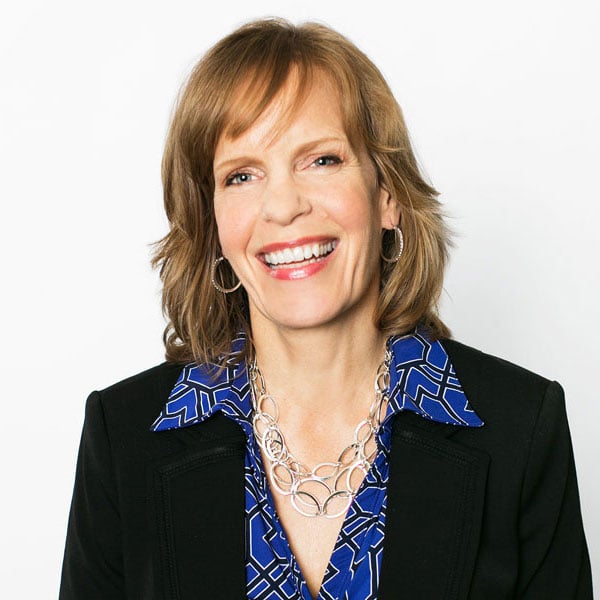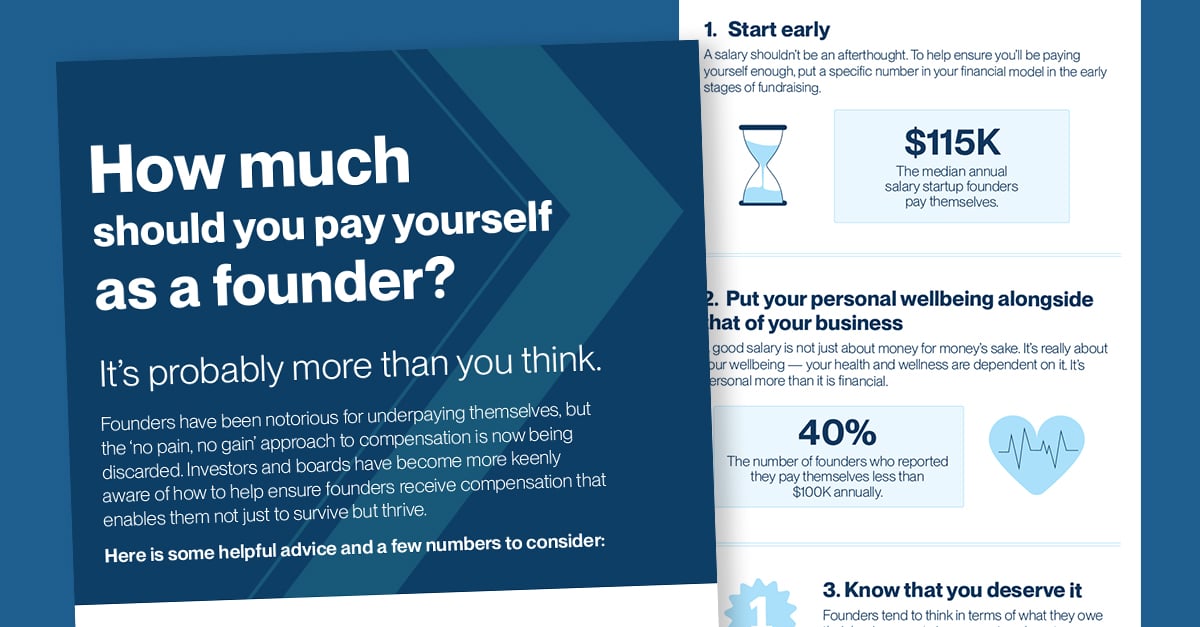Key takeaways
-
Establishing your goals, priorities and objectives is the first step when determining what types of trusts will be most effective for you–now and in the future.
-
Effective founder estate planning involves a foundational plan developed at the outset of your journey as well as an advanced plan developed closer to your liquidity event.
-
When set up correctly, your estate plan will have the capacity to evolve and adapt to meet your needs as your life progresses and your financial requirements become more complex.
Podcast transcript
Ann: We're back for another episode of "Business Meets Personal Wealth." We're here to tackle wealth-related questions facing innovation economy leaders in 10 minutes or less. I'm your host Ann Lucchesi with SVB Private. Today we're talking about what types of trusts founders should consider. And I have just the right person with me to answer that question, SVB Private's Head of Wealth Strategies, Gerald Baker. Gerald, thank you so much for joining me.
Gerald: Hi, Ann, it is such a pleasure to be here with you today.
Ann: So, first question, can you tell me in one sentence or less what you do for SVB Private?
Gerald: Oh, gosh, that's a little bit of a challenge. But essentially, my team and I are here to support our clients in the development of a strategy to optimize their wealth-planning objectives. What does their wealth mean to them? How do they position it in a way that helps them achieve their near, medium and long-term goals?
Ann: Excellent. Well, well-put. So, when I'm talking with people about estate planning, I always say, "Start at the beginning," which is, put a foundational plan in place right away, and then save this more advanced planning maybe for a little downstream, closer to liquidity. Can you talk to us a little bit about the difference between those two concepts?
Gerald: Absolutely. And you really alluded to it in this question. Foundational estate planning. If you think of your wealth plan and your goals as building a structure, where do you start? You start at the foundation, with your revocable trust, your will, your durable power of attorney, and other commensurate documents. And then you're building on those. You're building on those, not necessarily right away but over time as your life and goals iterate and change. So, your foundational plan is really being put in place to allow you to, in an agile fashion, evolve and adapt to meet your planning needs as your life evolves and adapts to your financial needs.
Ann: Okay, that makes great sense to me. One of the things I find when I'm out talking with people in the innovation economy is, someone has whispered in their ear one of these, what I'll call the alphabet soup of the trust world, and they said, "Oh, you know, the first advice I'm going to give you is go get a GRAT put in place," or, "go put a CRAT in place," or one of the many other types of vehicles that are out there. It seems to me that oftentimes that's starting at the end and we haven't considered the beginning of the journey, meaning that they're going to start with, "I need this," without the fundamental understanding of what it's going to do for them. How do you think that conversation should evolve?
Gerald: Ann, that's a great question and one that we are confronted with regularly. You know, quite frankly, that foundational planning leads to conversations about advanced planning, that alphabet soup of trust structures that you spoke to. Where we go in those dialogues, and those discussions and that discourse is, yes, we understand what a GRAT can do, we understand what a SLAT can do, we understand what a QPRT can do. But let's take that and put that aside. Let's talk to you and listen to you about where you are in your financial life, where you are in your professional life, where you are in your personal life, and how you expect that to iterate and change over the near, medium, and long term.
Once we've had that conversation and we've established what your goals, priorities, concerns, and objectives are, we're going to design a plan around that. It may leverage a number of different components of that alphabet soup, it may leverage just a few of them. But what is important is that what we're designing is tailored to meet your needs and goals, and iterate with you as you change and evolve.
Ann: Wow, this is really excellent advice. I especially appreciate the idea that what may be great for one person isn't great for the next. And it's a thoughtful process that we want them to put in place. Well, I think that's all the time we have today, Gerald. I really appreciate you joining me. Someday soon I'd like to get your thoughts on extending the qualified Small Business stock exemption, as we've had lots of questions from our listeners.
Gerald: Well, Ann, that is definitely a very hot topic and it is always a pleasure to join you in these conversations.
Ann: Terrific. Listeners, we'll see you here next time on "Business Meets Personal Wealth."















